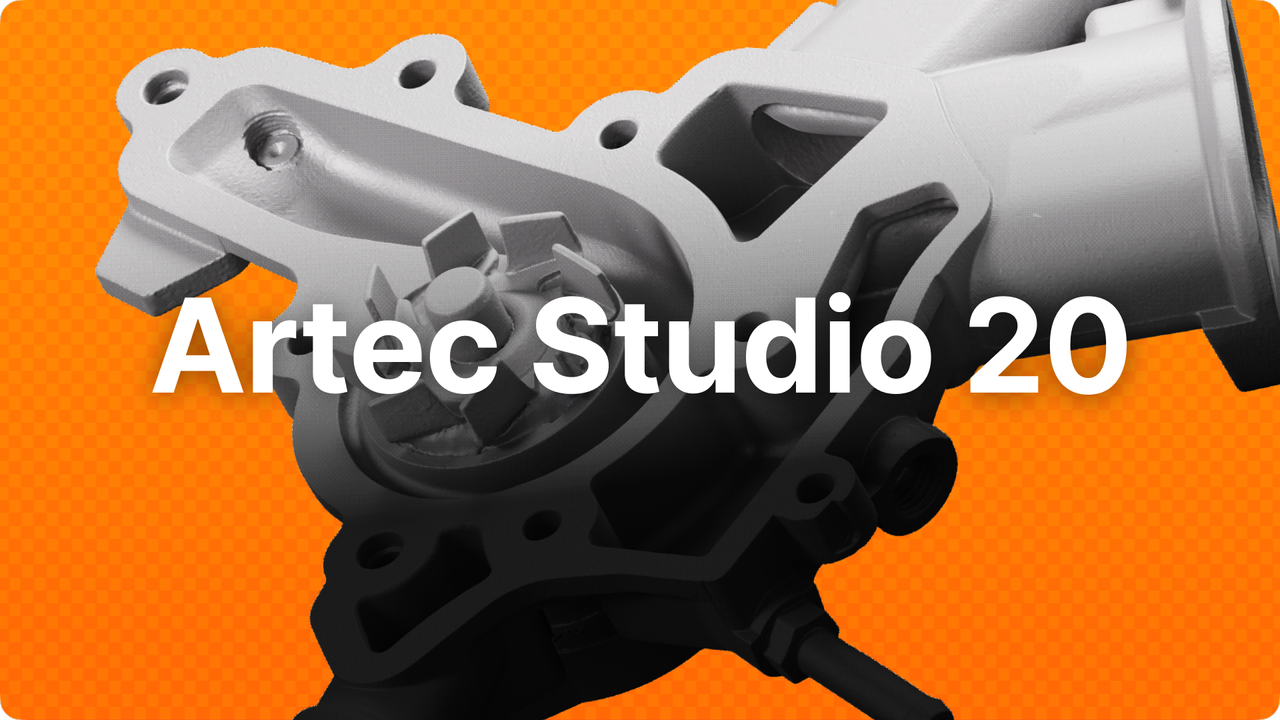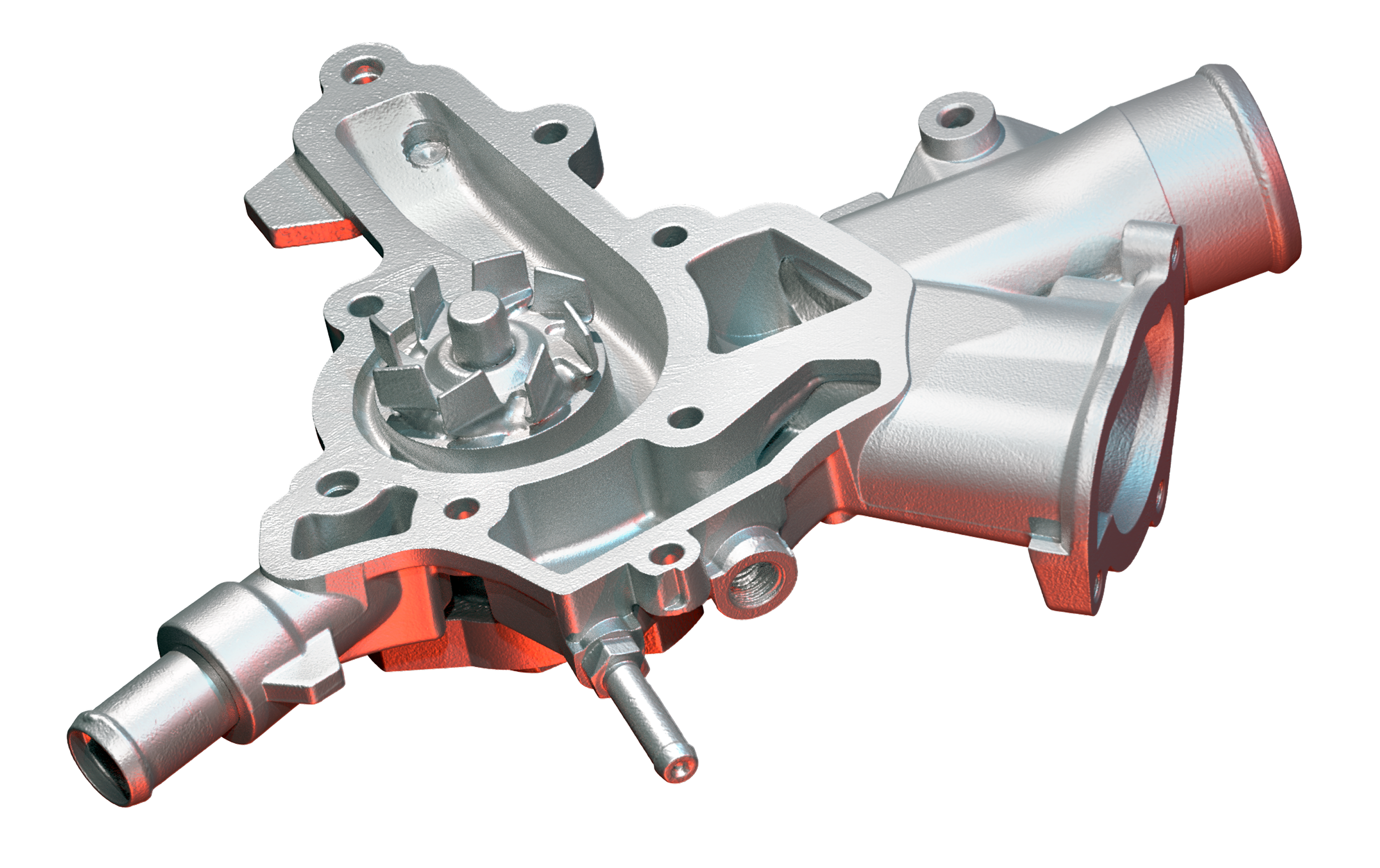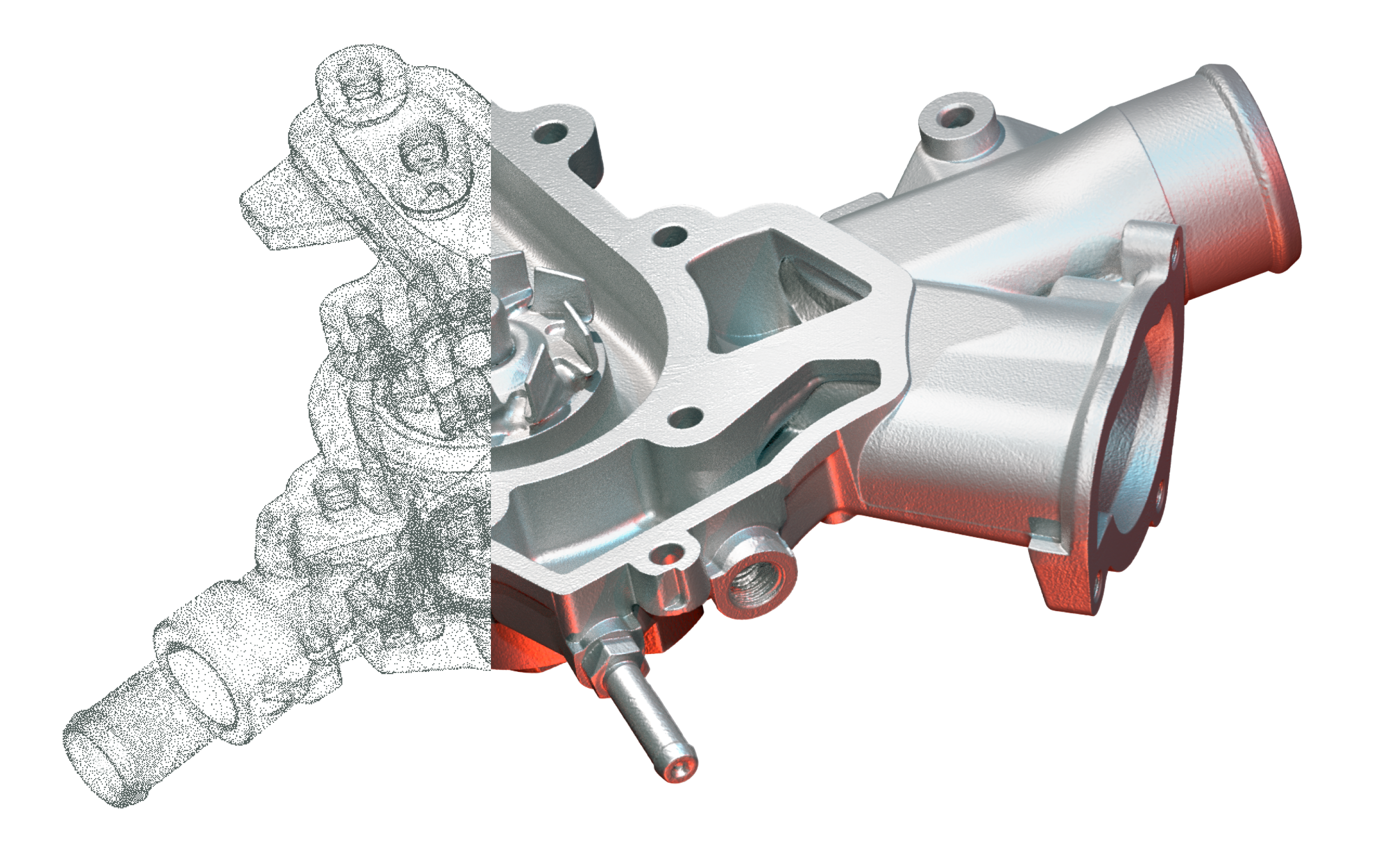
Software updates for 3D scanners can be fairly iterative, but Artec 3D thinks Artec Studio 20 (AS20) is such a big upgrade that it effectively gives the users of its scanners a new device (see our pick of the best 3D scanners).
The new version of the software upgrades AI-powered photogrammetry further and introduces improved workflows for faster fully-automated, customised data processing pipelines for digitization, design iteration and bulk product analysis.


Updates in Artec Studio 20 include an addition to make the handheld 3D scanner Artec Spider II more efficient with Live Scan Decimation, which delivers high-detail, lightweight models. The scanner can also now do real-time fusion, previously an Artec Leo exclusive. This delivers better feedback via highly detailed live previews, while Autopilot streamlines the steps involved in scanning.
Meanwhile, the desktop 3D scanner Artec Micro II has been enhanced with support for HD Mode and 3-axis scanning, allowing it to reach a higher resolution and deliver more complete scans of small objects for reverse engineering and inspection. Users can now boost fine detail capture, picking up 4x more data points with each scan.
The performance of Artec 3D’s first industrial laser scanner, Artec Point, has also been upgraded with better visualization for 2x faster data capture and a more intuitive scanning experience. Other devices like the wireless Artec Leo and long-range Artec Ray II also benefit from wider improvements, including a fusion setting redesign and workflow automation.
Other improvements include refined masking in AI Photogrammetry for realistic, artifact-free 3D models, which means more minimal editing for CGI, VFX, forensics, and more, while masking for texturing prevents objects blurring with their background (see our feature on what is 3D photogrammetry? and our guide to the best photogrammetry software).
Multi-camera support expedites photogrammetry data capture as well as opening the software to different hardware combinations like drones, smartphones, handycams, or DSLR cameras. Meanwhile, sharp image prioritization allows users to also ensure that only the best possible frames are chosen from uploaded photos or video for maximum realism.
Artec Studio 20 also introduces improved integration with third-party software. ZEISS Inspect advanced analysis tools are now easier to access thanks to a new interface that allows for scripting automation. Enhanced USD file support enhances the software’s functionality for CGI & VFX users, and RCP file support has been added, providing compatibility with popular BIM platforms like Autodesk Revit.
Artec Studio 20 is available now from Artec3d.com. The company will be offering demos at the Formnext trade show in Frankfurt in November.
For more programs for product design, see our guide to the best CAD software.


.png?w=600)




